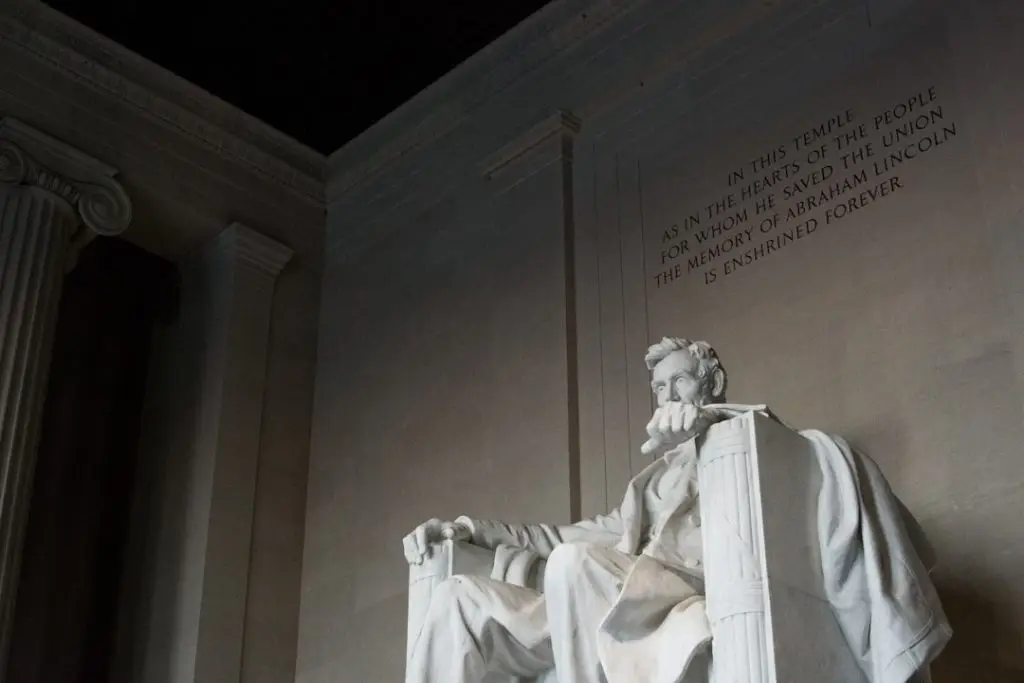Can Devout Christians Be Enemies of Liberty?
In our quest to understand how we can foster a world rich in liberty, justice, dignity, and prosperity, we must grapple with the idea that devout Christians may sometimes find themselves at odds with these very principles. This examination invites us to reflect on the core teachings of scripture and the implications of our actions in the name of faith.

Photo by Jed Villejo on Unsplash
The Call for Self-Criticism
One unique aspect of the Bible is its call for self-reflection. Scriptures not only set high ideals for believers but also highlight the frequent shortcomings in living up to these ideals. The prophetic tradition serves as a crucial reminder of this, often focusing on the need for covenantal faithfulness rather than merely foretelling future events. This tradition acts almost like a covenant lawsuit, urging us to examine our faithfulness to God’s vision for humanity.
For genuine believers, this self-examination is a blessing. It allows us to identify where we may be failing and offers the chance for transformation. Instead of blaming others for shortcomings in the world, we are encouraged to take personal responsibility—a biblical value that can lead to healing and growth.

Photo by Olivia Snow on Unsplash
Lessons from Jewish Tradition
To further understand this concept, we can look to Jewish traditions that have historically wrestled with the destruction of the first and second temples. Deuteronomy, which presents Moses’s address to Israel before entering the Promised Land, emphasizes the importance of faithfulness to the covenant. The promise is clear: if the people love one another and remain faithful, they will experience liberty and prosperity. Conversely, unfaithfulness leads to destruction.

Photo by Amit Lahav on Unsplash
The Consequences of Unfaithfulness
The Jewish sages recognized that the second exile lasted far longer than the first, leading them to reflect on the deeper causes of these events. They pointed to the “crooked and perverse generation” which led to the downfall. Rabbi Sax’s commentary outlines how those who were pious in their religious observance yet failed in their interactions with others contributed to societal decay.
This reflection leads us to consider that even devout individuals can engage in actions that foster division and hatred, ultimately undermining the very foundations of community and faith. The sincere devotion of the Jews during the second temple period did not excuse their lack of love and compassion, which is ultimately what led to their exile.

Photo by Juan Davila on Unsplash
The Role of Theological Sectarianism
In examining the actions of those in the second temple period, we see a troubling trend: a form of theological sectarianism that bred hatred towards those who did not conform to their beliefs. This phenomenon can be seen in contemporary society as well, where some Christians may harbor resentment or disdain toward those with differing viewpoints.
Jesus’ healing on the Sabbath exemplifies the importance of understanding the spirit and intent behind the law. While the Sabbath was a critical commandment, the rigid adherence to it without compassion led to conflict. Those who believed they were defending God’s law often became enemies of the very values they sought to uphold.

Photo by Katherine Hanlon on Unsplash
The Impact of Misguided Faith
The destruction of the second temple was not solely due to idolatry or immoral behavior; it stemmed from a genuine yet misguided belief system that prioritized rules over relationships. The Jewish people, while devout, lost sight of the compassion and love that should characterize their faith. This serves as a warning for modern believers who may also find themselves prioritizing doctrine over the spirit of love.
Blame and Division in Modern Christianity
Today, many Christians blame societal issues on groups like the radical left or the LGBTQ+ community. This tendency to point fingers can be destructive and counterproductive. The sages’ reflections remind us that the real danger lies in division and a lack of love among believers.
To illustrate this point, consider the messages proliferating on social media. Are they fostering compassion and understanding, or are they sowing fear and resentment? The framing of these messages can subtly poison our interactions and worldview, steering us away from the love that Jesus exemplified.

Photo by Rodion Kutsaiev on Unsplash
The Example of Abraham
The Jewish sages contrasted the devoutness of the second temple period with the character of the patriarch Abraham, who is seen as a model of compassion. Abraham’s intercession for Sodom demonstrates a heart aligned with God’s desire for mercy and redemption. His desire to save the city, even when it was steeped in sin, reflects a faithful representation of God’s heart.
Jesus himself pointed out that had his works been performed in Sodom, the city would have repented. This indicates that the true danger lies not in those who are unfaithful to the law, but in those who fail to embody love and compassion.

Photo by Patrick Perkins on Unsplash
Strategies for a More Compassionate Society
In light of these reflections, it becomes clear that the way forward for Christians is to cultivate love and compassion. If we want to prevent the disintegration of community and the flourishing of humanity, we must embody the principles of love that Jesus taught. This requires a commitment to self-reflection and an honest evaluation of our attitudes and actions.
We can ask ourselves: Are we contributing to division, or are we promoting understanding and compassion? Jesus’ life and ministry serve as a template for how we can engage with the world in a way that reflects God’s love.

Photo by Priscilla Du Preez 🇨🇦 on Unsplash
Final Thoughts
As we navigate the complexities of our faith and its implications for society, we must remain vigilant against the temptation to become enemies of liberty through our actions and attitudes. The call to self-examination and accountability is not merely a personal journey; it is essential for the health of our communities and the world at large.
Let us strive to embody the love of Christ, recognizing that our actions can either build up or tear down. In doing so, we can create a world where liberty, justice, dignity, and prosperity thrive for all.

Photo by Patrick Fore on Unsplash
What are your thoughts on this topic? Share your reflections in the comments, and let’s continue this important conversation. Don’t forget to subscribe for more insights and discussions.


